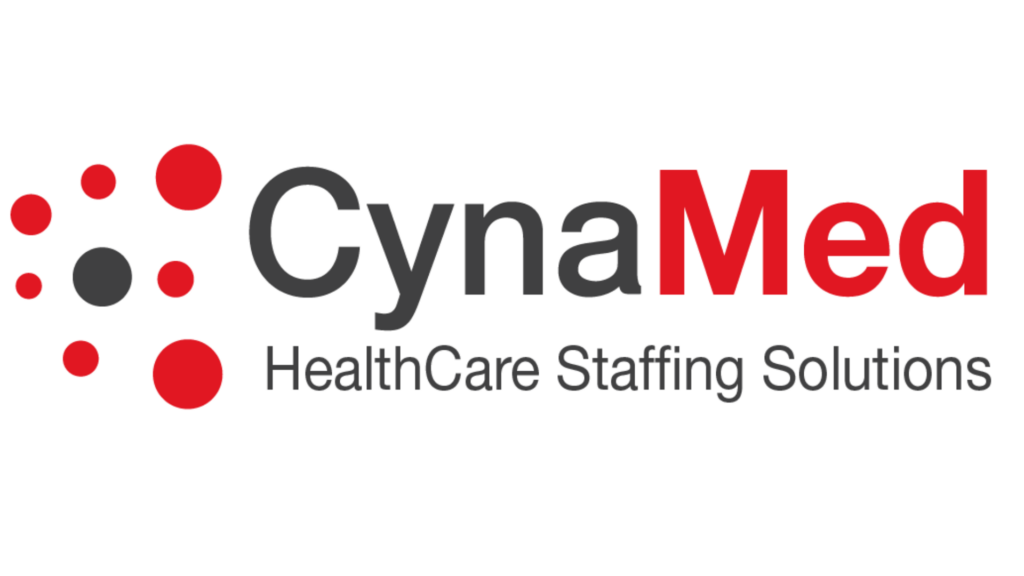Long-term care refers to a selection of services that help meet the medical and non-medical needs of people with chronic illnesses or disabilities. Oftentimes these conditions result from aging naturally. The services may provide physical and/or emotional support and are typically expected to be required for a long time.
There are two types of long-term care— custodial care and skilled nursing care. The differences between the two can often be a source of confusion because some of the services both provide overlap. Understanding the differences will help determine which area of long-term care is right for you.
What is Custodial Care?
Custodial care refers to services that fall into this category of long-term care are largely non-medical. This means that a caregiver isn’t required to have a medical background to be qualified to provide custodial care. Many times it’s a family member or elder sitter/companion. Sometimes, however, a certified nursing assistant (CNA) will provide custodial care under certain circumstances. Custodial care can occur in a variety of environments such as in-home senior care, assisted living facilities, and residential care facilities like nursing homes.
How about Skilled Care?
Skilled care, on the other hand, refers to services that fall into skilled nursing care, or rehabilitation services, are provided by bedside licensed health professionals (like RNs, LPNs, CNAs) under the supervision of doctors and physical therapists. A skilled nursing facility will be secured and provide 24-hour care for patients. While some patients in a skilled nursing facility may be recovering from a short-term medical issue or surgery, most patients are elderly and require long-term care in a residential facility. Many of the specialized services they require will need to be provided by licensed care professionals. These may include medication management and administration, wound care, iv injections, catheters, cardio/pulmonary care, post-stroke recovery, PT and OT.
What Is Custodial Care vs Skilled Nursing Care?
When you search for “what is custodial care vs skilled nursing care” you will find there is a common overlap— both assist with activities of daily living (ADLs). Almost every patient who needs custodial care needs assistance with ADLs. And most patients in skilled residential facilities or nursing homes require quite a bit of assistance with ADLs, as well. The difference is that non-licensed caretakers can assist in custodial cases, while a CNA or other licensed medical professional will likely be providing those services in a skilled facility or nursing home.
We break activities of daily living down into two categories— basic ADLs (BADLs) and instrumental IADLs (IADLs). BADLs are simple activities that allow a patient to care for themselves. Examples include:
- Dressing
- Feeding
- Toileting
- Bathing
- Grooming (combing hair, trimming nails, etc.)
- Mobility/ambulation
Generally, IADLs refer to more complex tasks provided when patients can handle their basic ADLs. For this reason, you see instrumental ADLs more commonly in custodial care and assisted living facilities where many residents have higher levels of independence. Examples of these include:
- Managing finances
- Cooking and preparing meals
- Laundry
- Medication management
- Driving or taking public transportation
When it comes to the cost of long-term care, there are also differences between custodial and skilled options. Medicare may pay up to 100 days of skilled care, depending on the circumstances. On the other hand, Medicare won’t cover custodial care. Therefore, patients pay for custodial care out of pocket, covered through long-term care insurance, or public benefits like Medicaid or Veterans’ benefits.
Custodial Care Definition
Basically, the definition of custodial care is nonmedical care provided by a non-licensed professional. So if you are an RN, LPN, or CNA, a career in skilled care will provide more opportunities and career mobility. CynaMed wants to help you find a position in a skilled nursing facility. In the greater Pittsburgh area, the healthcare industry is always growing. For that reason, we work with some of the top facilities and have access to some of the most coveted nursing positions in the area.
Whether you’re looking for full or part-time employment, a temporary or permanent nursing job, we can be a great resource in your career. At CynaMed, we can help determine where you can make the greatest impact as a nursing professional. We provide a helpful ebook that makes it simple to discover what position and type of environment are right for you.






